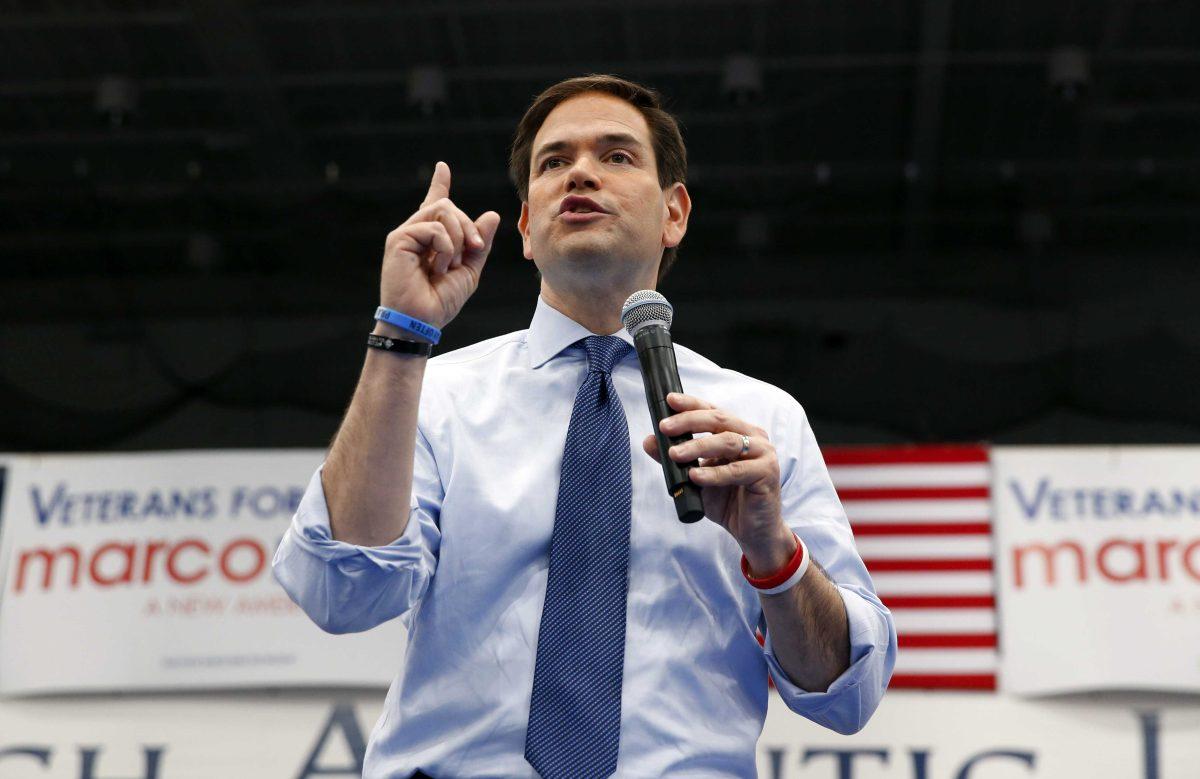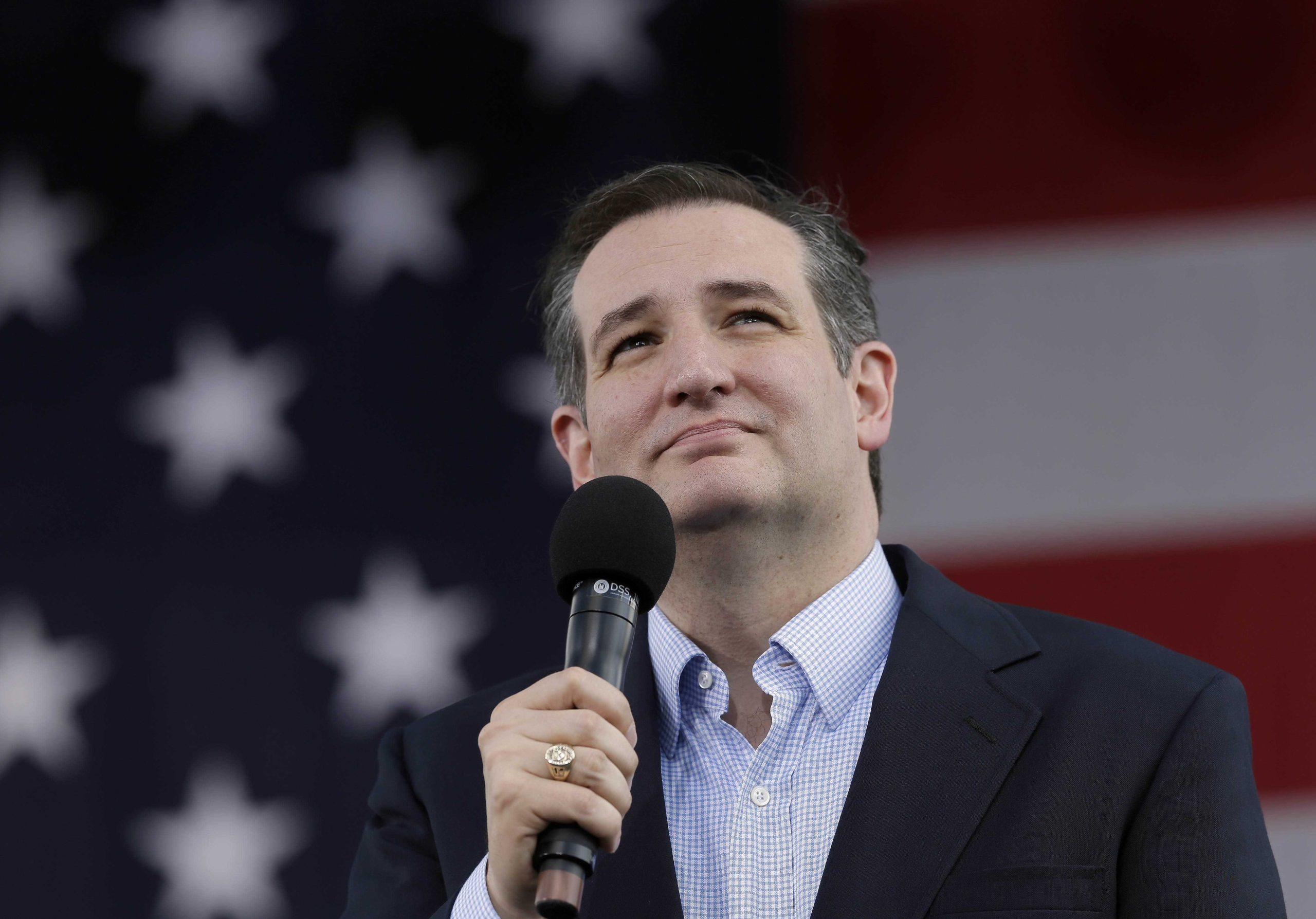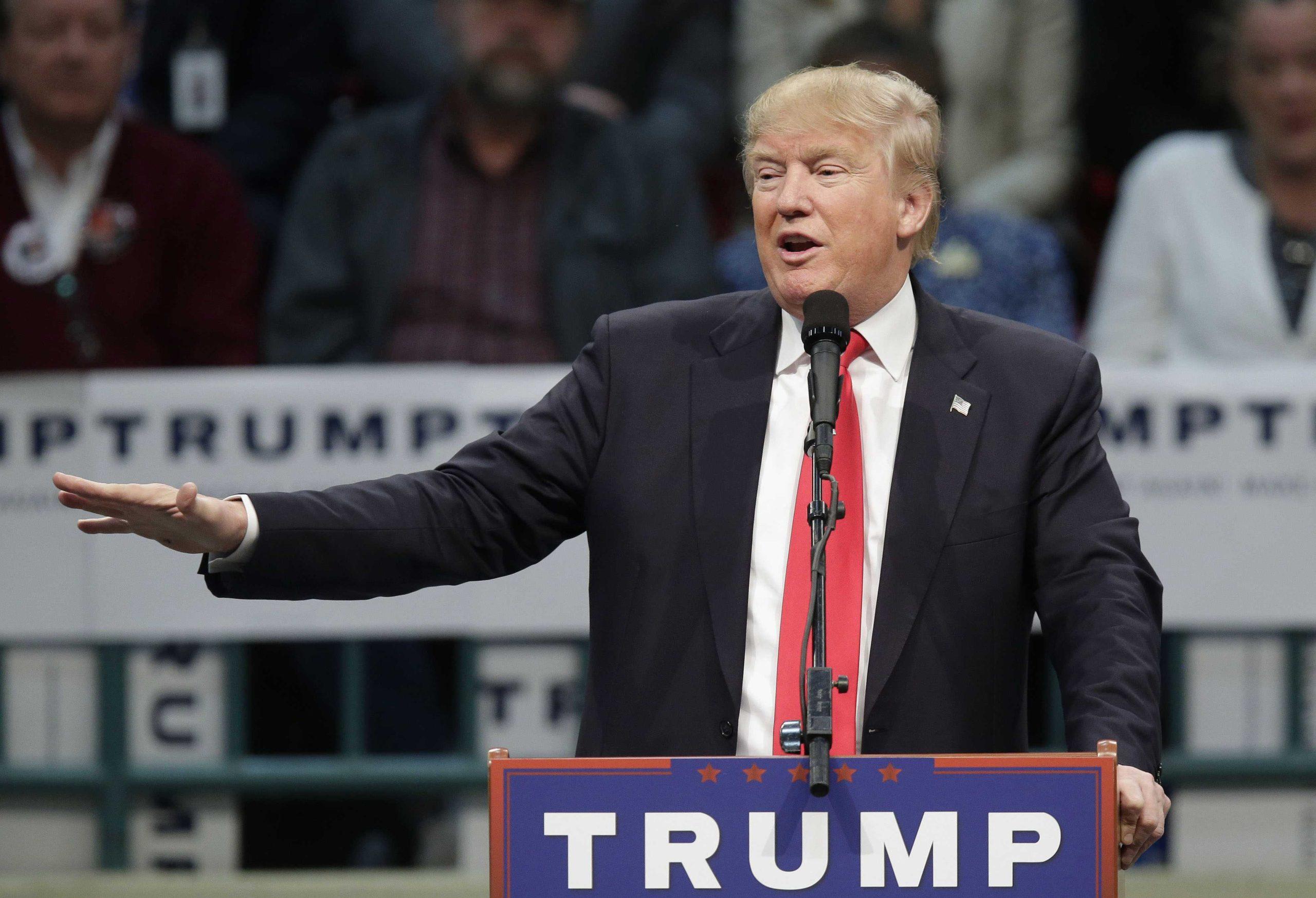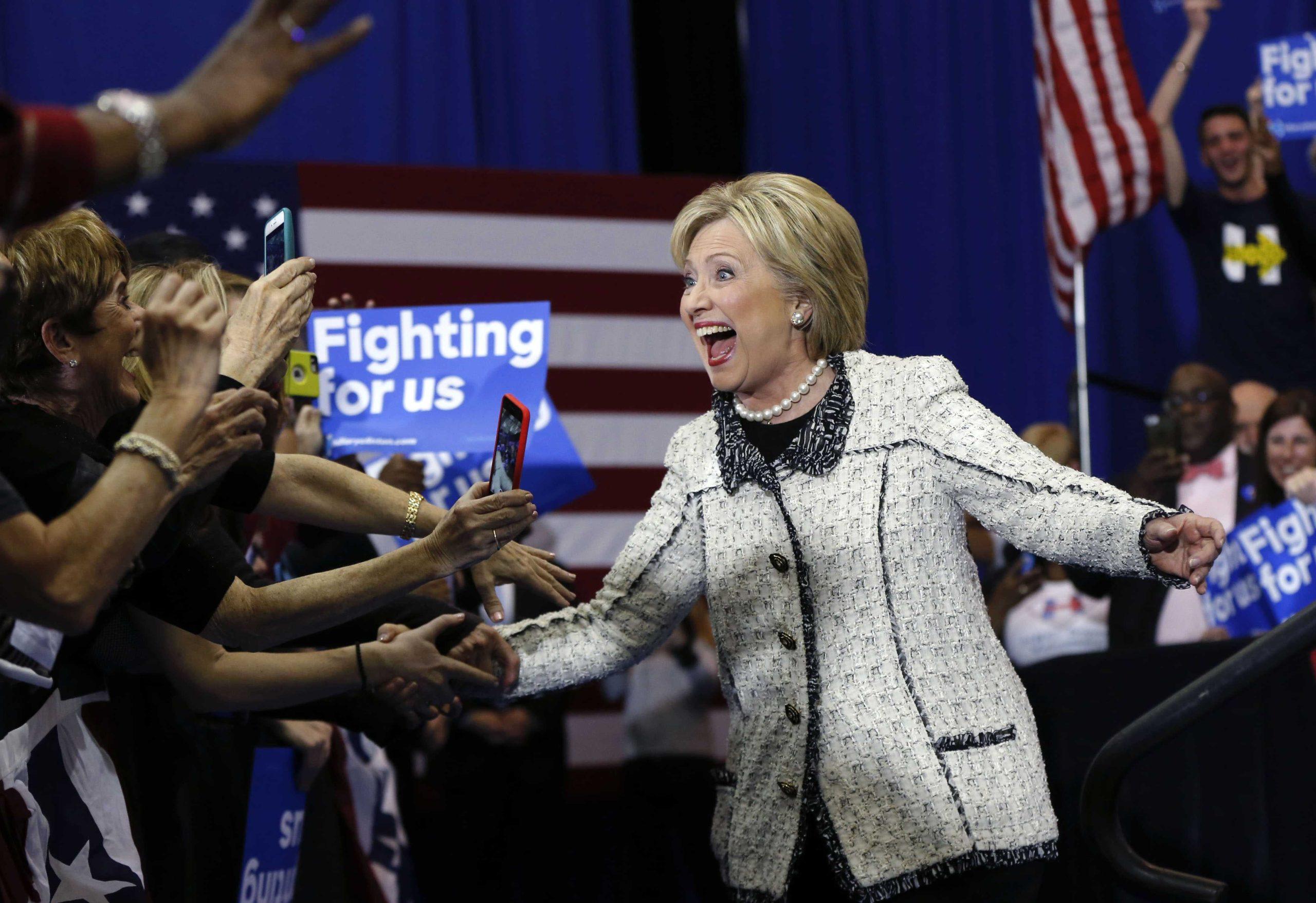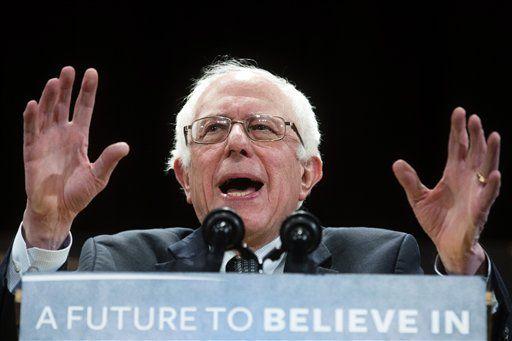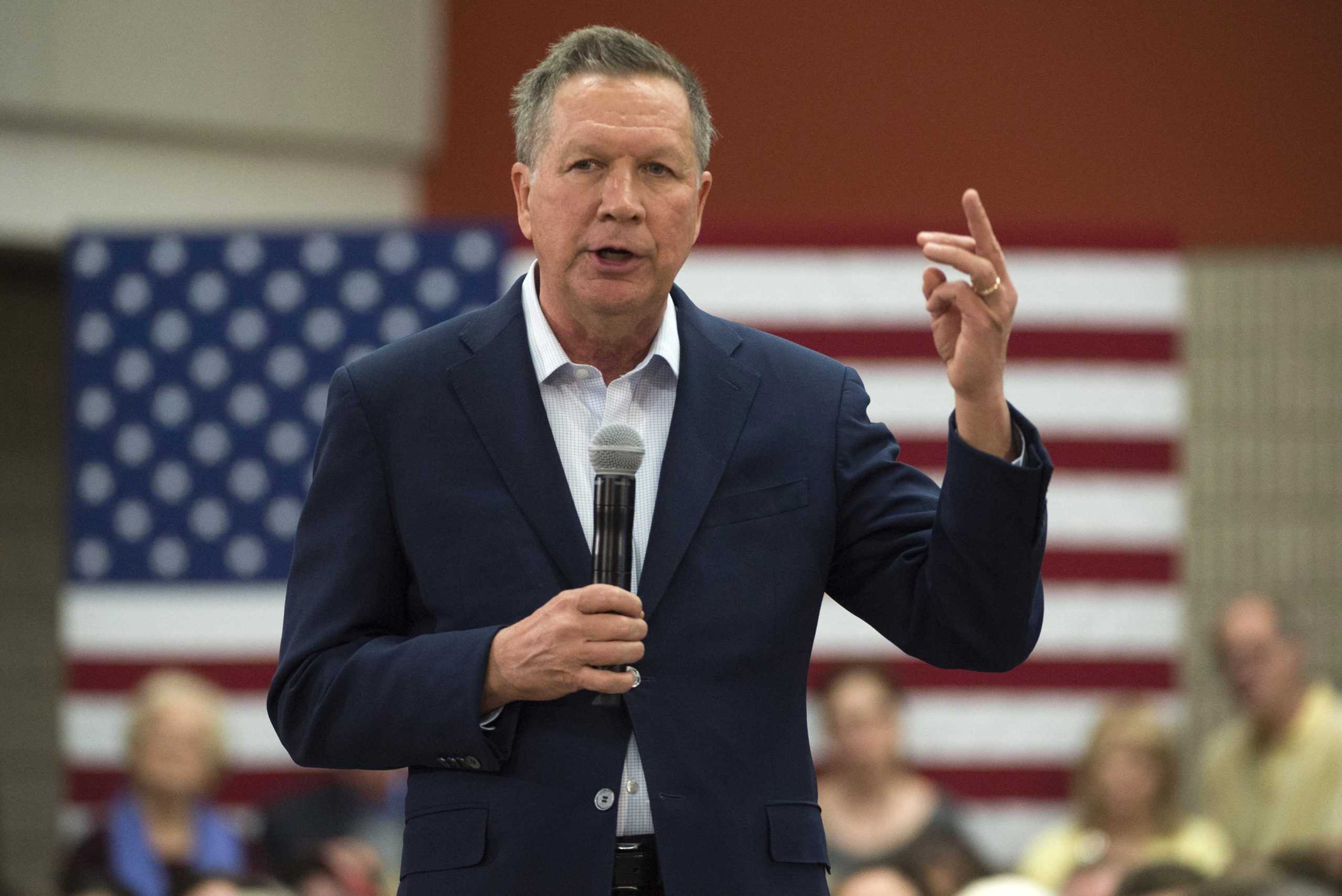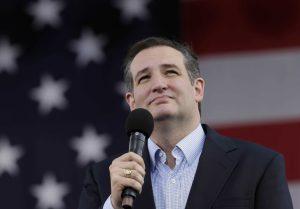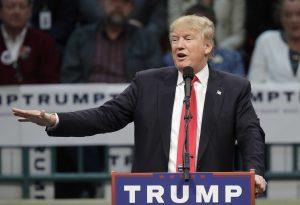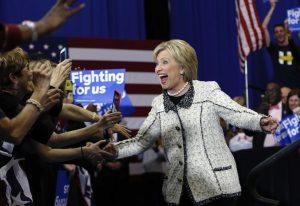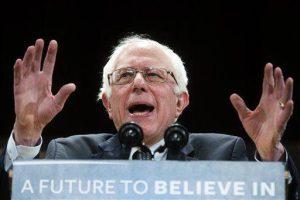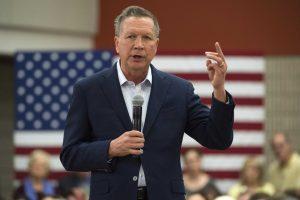Voter Ideologies
The votes of an angry electorate voicing support for the anti-establishment go toward candidates like Donald Trump and Bernie Sanders, mass communication and political science professor Martin Johnson said. Despite representing opposite ends of the ideological spectrum, he said Trump’s and Sanders’ messages resonate among supporters far more than those of their more moderate opponents.
“There’s this underlying similarity of frustration, and it plays out on a lot of different issues,” Johnson said.
Though “people don’t elect moderates,” communication studies professor James Honeycutt said the ultimate irony is that, in order to govern, one has to have the ability to compromise. On the other side, he said Marco Rubio and Ted Cruz represent ideological governance.
Even though people criticize Trump for his lack of legislative leadership experience, Honeycutt said, Rubio and Cruz have only served one term each in the U.S. Senate. Additionally, he said Trump’s lack of political experience is not unprecedented — Zachary Taylor, Ulysses S. Grant and Dwight D. Eisenhower were all generals who became president without any legislative record.
While the anti-establishment vote has always existed, Honeycutt said it has changed its face over time. He said Trump’s businessman image has replaced the “general” image of election years past.
Legal Controversies
Political science assistant professor Matthew Hitt, who studies decision-making strategies in the American court system, said Supreme Court justice Antonin Scalia’s death should make for an interesting election cycle discussion. The new vacancy on the bench has the potential to “shift the median of the Supreme Court in a dramatic direction,” he said.
As for issues regarding constitutionality, Hitt said he is surprised the question of Cruz’s eligibility to participate in the race has not escalated.
According to the Constitution, he said, natural-born citizens are able to run for president. Since Cruz was born in Canada, not on American soil, Hitt said it is a point that has “never been litigated.”
“We don’t have a precedent from the Supreme Court,” Hitt said.
Environmental Issues
Center for Energy Studies executive director and professor David Dismukes said his concerns relate to environmental issues. Despite Republican candidates reducing environmental regulations and Democratic candidates working to transition to a green economy, he said there has not been much discussion concerning nature in the race.
Dismukes said he expects the regulation of greenhouse gas emissions to become a more controversial policy issue, with conservatives attempting to wind down regulations imposed by the Obama administration and
liberals aiming to strengthen them.
However, he said most environmental issues are better handled at the state level, and he hopes the federal government leaves issues of regulation to the individual states.
Scientific Advancement
Also failing to rise to the surface of election conversation is the STEM field, said College of the Coast and Environment dean Chris D’Elia.
In a tumultuous election cycle, D’Elia said the public focuses more on “incendiary” topics than science as a conversation piece. He said he is looking for a candidate who is staunchly on the side of science, which is “critically important to the future of our country.”
“Science is one of those things that’s worked so well for the United States for so long,” D’Elia said. “I think people tend to take it for granted.”
Higher Education
School of Education associate professor Roland Mitchell said debates involving college affordability have piqued his interest.
Mitchell said most of the candidates do not actually have fully developed higher education platforms. But all candidates, in some regard, seem to agree that college needs to be more affordable, he said.
Though the price to participate in higher education has increased, Mitchell said that, on a national scale, people’s salaries have not. There is also a recognition that for people to participate in the job market, a higher level of education is required, he said.
“More people have to figure out how to participate, and we have less public funding going in it,” Mitchell said.
Campaign Critiques: University experts evaluate election season controversies, hot topics
March 14, 2016
Republican presidential candidate Sen. Marco Rubio, R-Fla., speaks during a campaign rally at Palm Beach Atlantic University in West Palm Beach, Fla., Monday, March 14, 2016.
More to Discover



